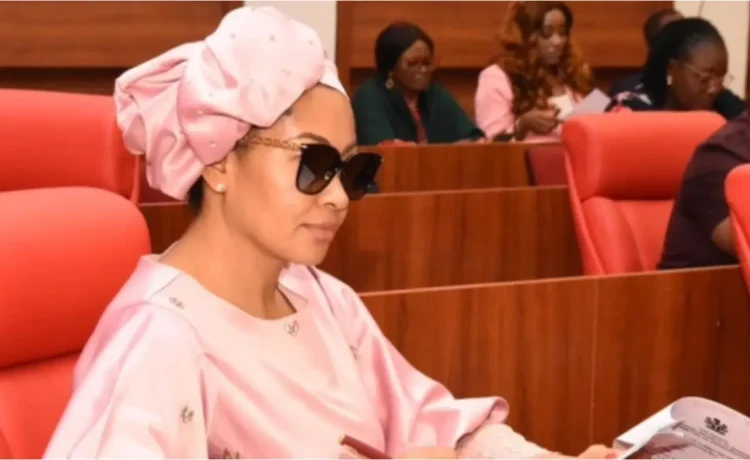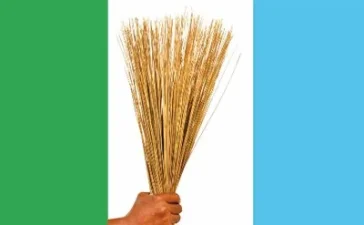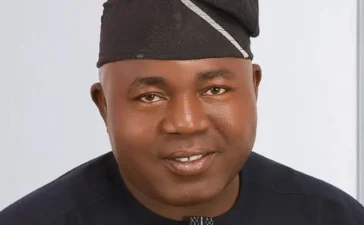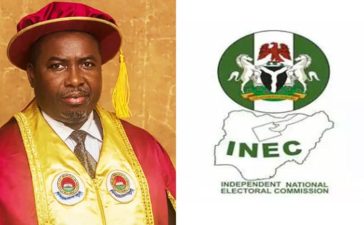Human rights advocate, Duru, has raised serious concerns about what she describes as a recurring pattern of unsubstantiated allegations by Senator Natasha Akpoti-Uduaghan, urging greater responsibility in public discourse.
In a statement issued on May 5, 2025, Duru highlighted five high-profile claims made by the senator — none of which, she asserts, have been supported by concrete evidence.
“In 2019, during the Kogi State gubernatorial election, Akpoti-Uduaghan alleged that then-Governor Yahaya Bello plotted to assassinate her,” Duru said. “Investigations failed to confirm the allegation, which Governor Bello dismissed as a political stunt.”
Duru also cited a 2021 accusation where the senator claimed political commentator Reno Omokri sexually harassed her at a 2014 banquet. Omokri refuted the claim with passport evidence, showing he was not in the country at the time. The matter was reportedly settled out of court after mediation by a religious leader, with Omokri receiving monetary damages.
The activist referenced a repeated assassination plot claim in 2023, again pointing at Bello. “No new evidence was presented,” Duru noted, adding that observers viewed the claim as election-season rhetoric.
In 2025, Senator Akpoti-Uduaghan accused Senate President Godswill Akpabio of sexual harassment — an allegation dismissed by the Senate Ethics Committee on procedural grounds. The senator was later suspended for six months, though the suspension was unrelated to the petition. The decision sparked outcry from women’s rights groups, who alleged political retaliation.
Lastly, the senator claimed her removal from a strategic committee post was retaliation by Akpabio for opposing LNG plant investments. However, Duru referenced analysts who attributed the move to internal party reshuffling, not targeted retribution.
Duru’s statement has reignited national discourse on the ethical responsibilities of public office holders, particularly concerning evidence-based accusations. Critics argue that baseless claims can dilute real cases of injustice and hurt public trust.
Still, supporters of Akpoti-Uduaghan defend her actions, saying she is exposing deep-seated gender bias and silencing of dissent in Nigerian politics.
As Nigeria confronts challenges of governance, public accountability, and social equity, the balance between whistleblowing and due process remains a critical issue.







